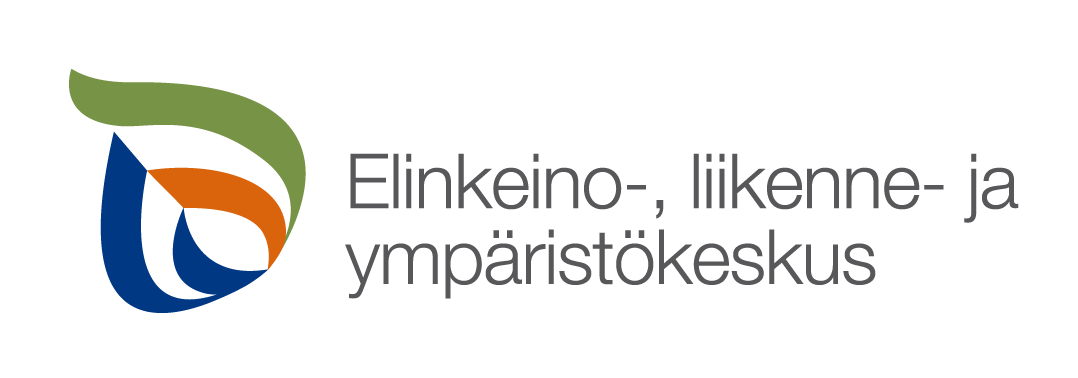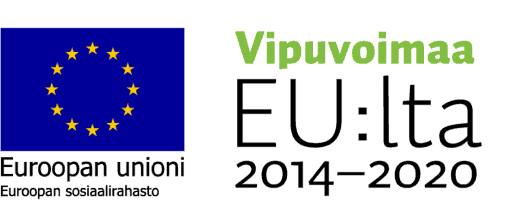Master digital learning skills with
a digital toolkit
Digibagi provides you with tools for online learning. Test what your own digital strength type is and see if you can find the right online environment tools for you. A lot of topical information has been gathered in Digibagi. Its purpose is to help you in e-learning situations and in the use of various applications. Please tell us in the feedback section what you think about it, and how it should be developed.
Tools
The tools in Digibagi allow you to test your digital strengths and acquire skills in network interaction, groupwork, presentation, ergonomics, and the use of e-books and applications.
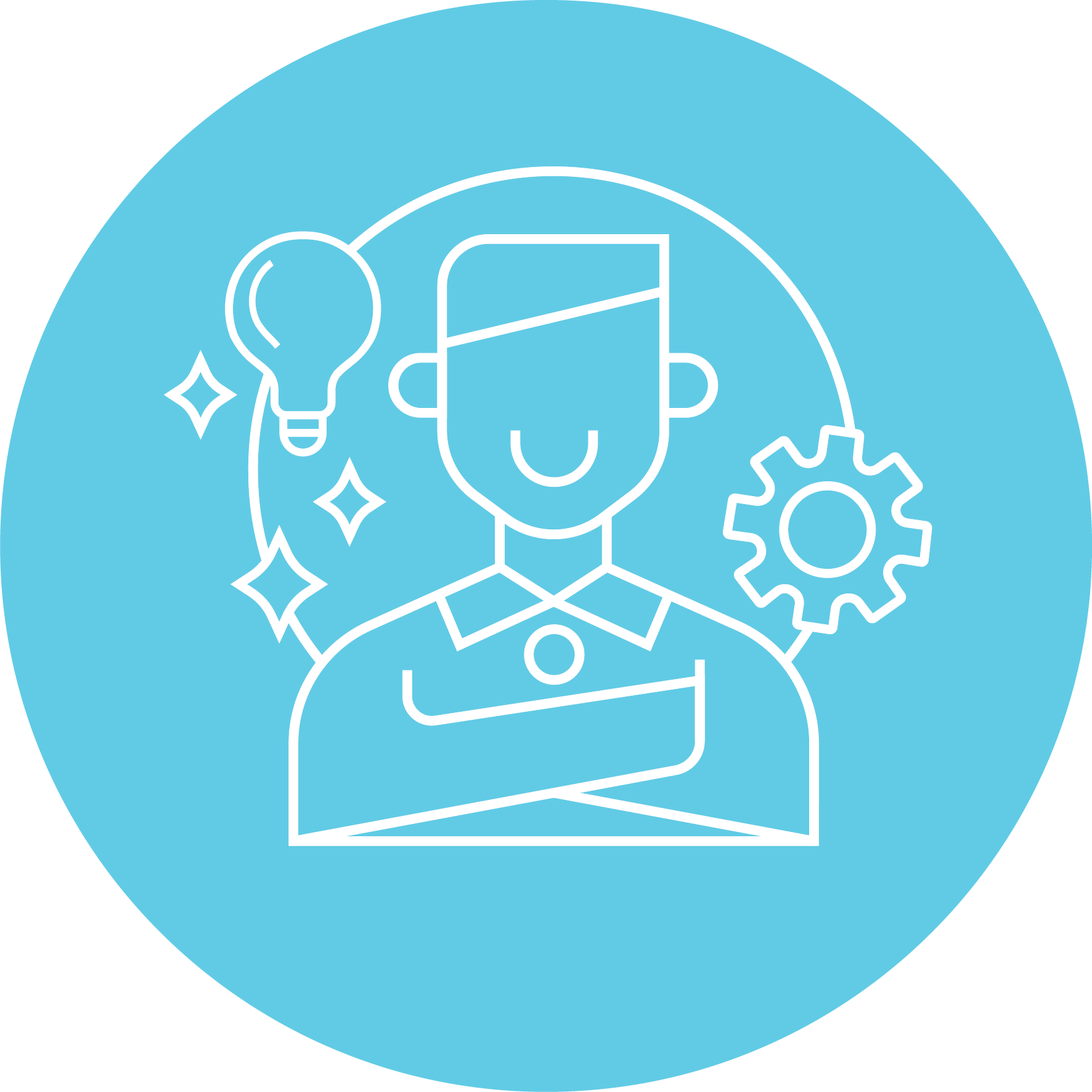
The tool helps you get to know different types of digital strengths. The tool will increase your knowledge of how you work in digital environments and give you tips for developing your strengths.
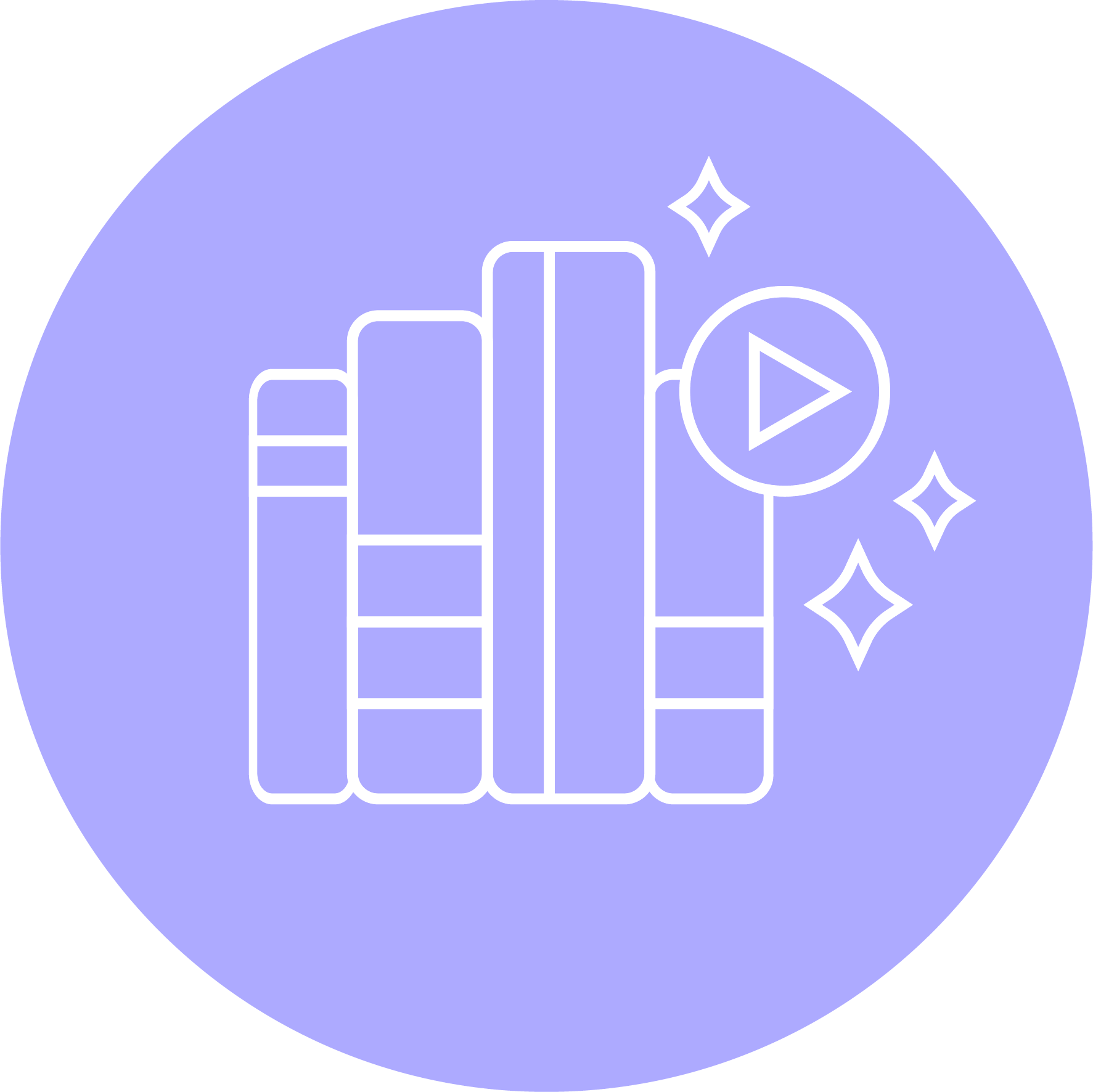
The tool will guide you how to start using Ellibs e-books step by step with short tutorial videos.
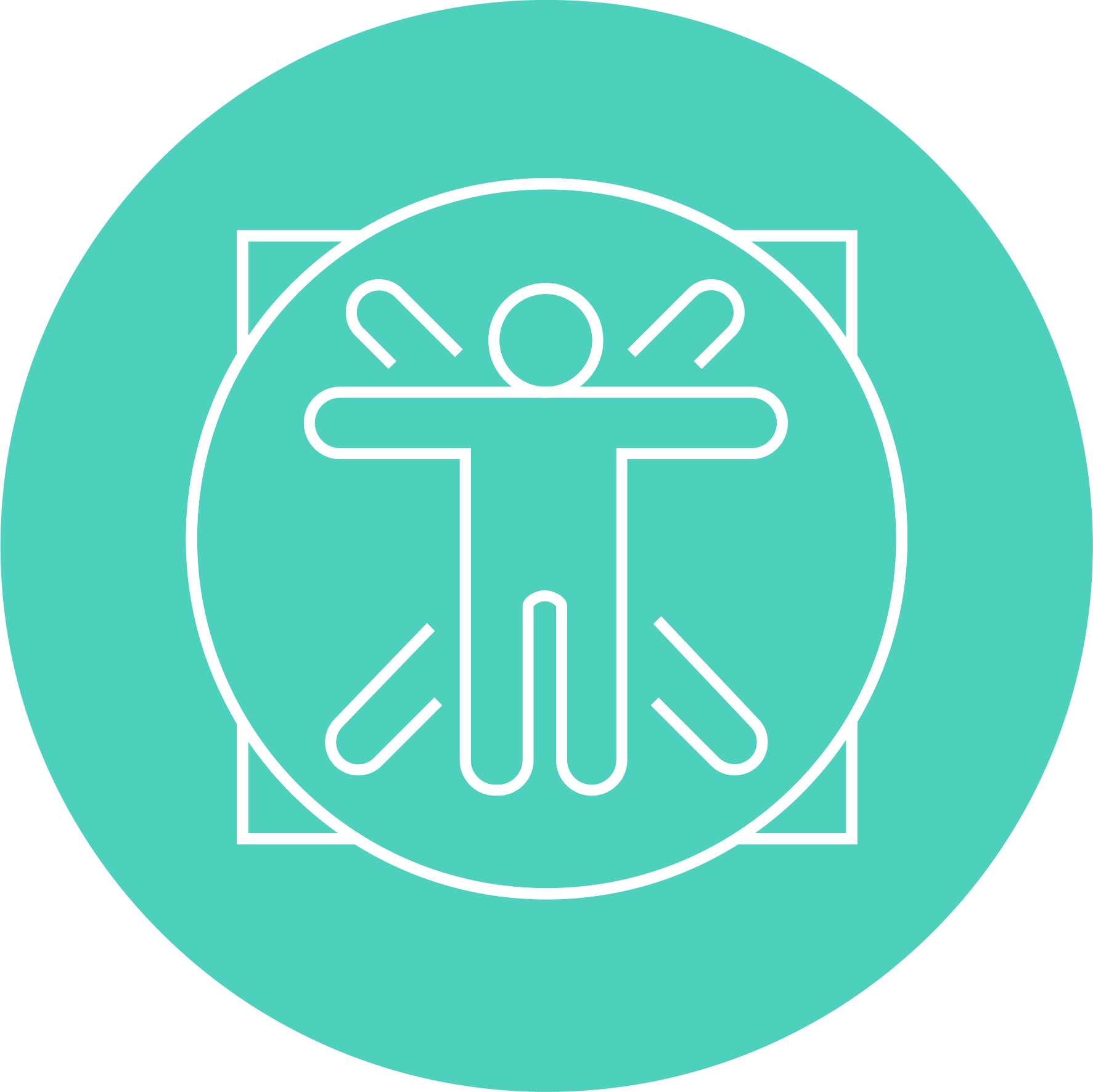
The tool introduces you to the factors that strain your brain and the harm caused by excessive strain. The content also provides tips for promoting cognitive recovery.
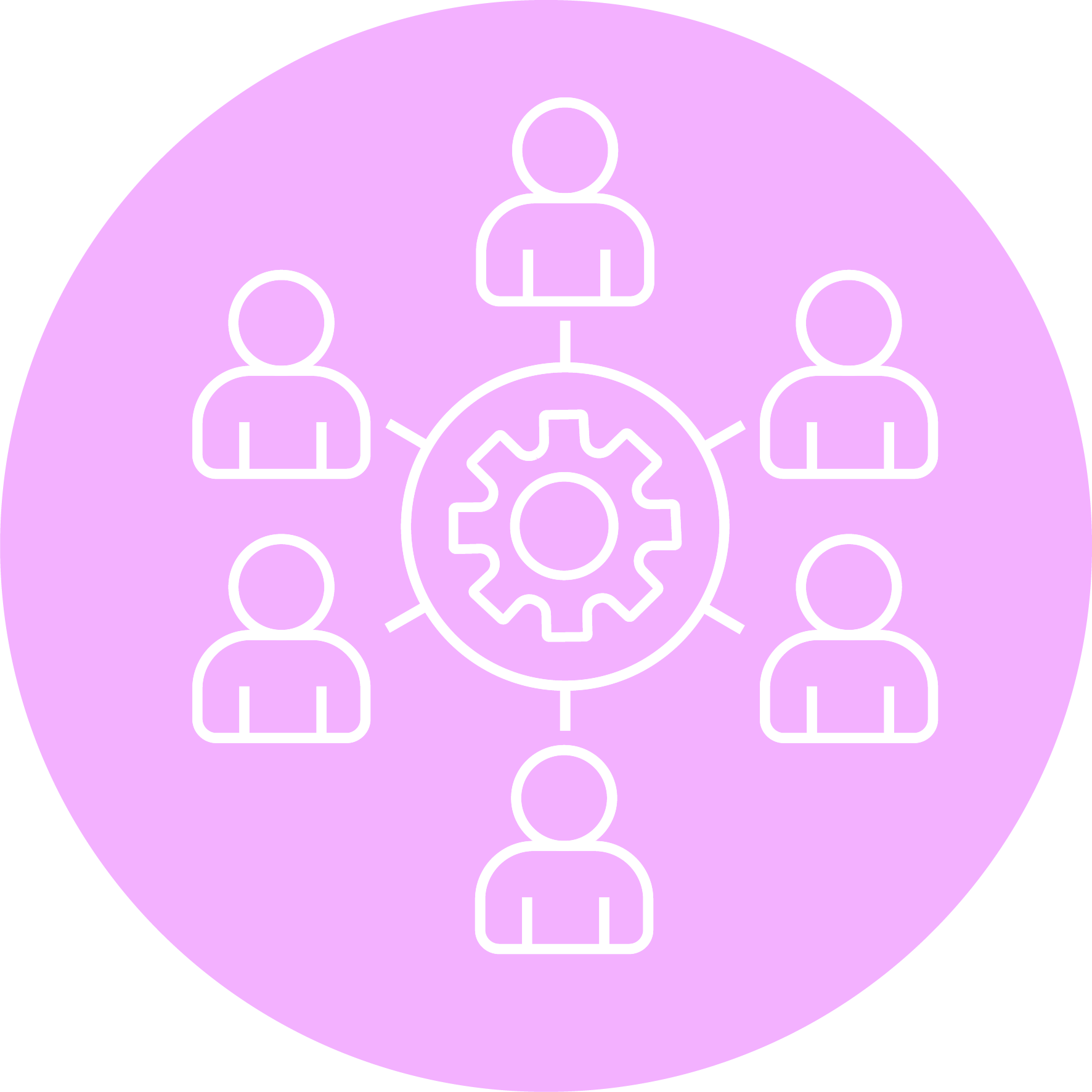
Get tips for successful and collaborative work in small groups online. The tool allows you to familiarise yourself with the process of working in small groups and its benefits, goals and requirements.
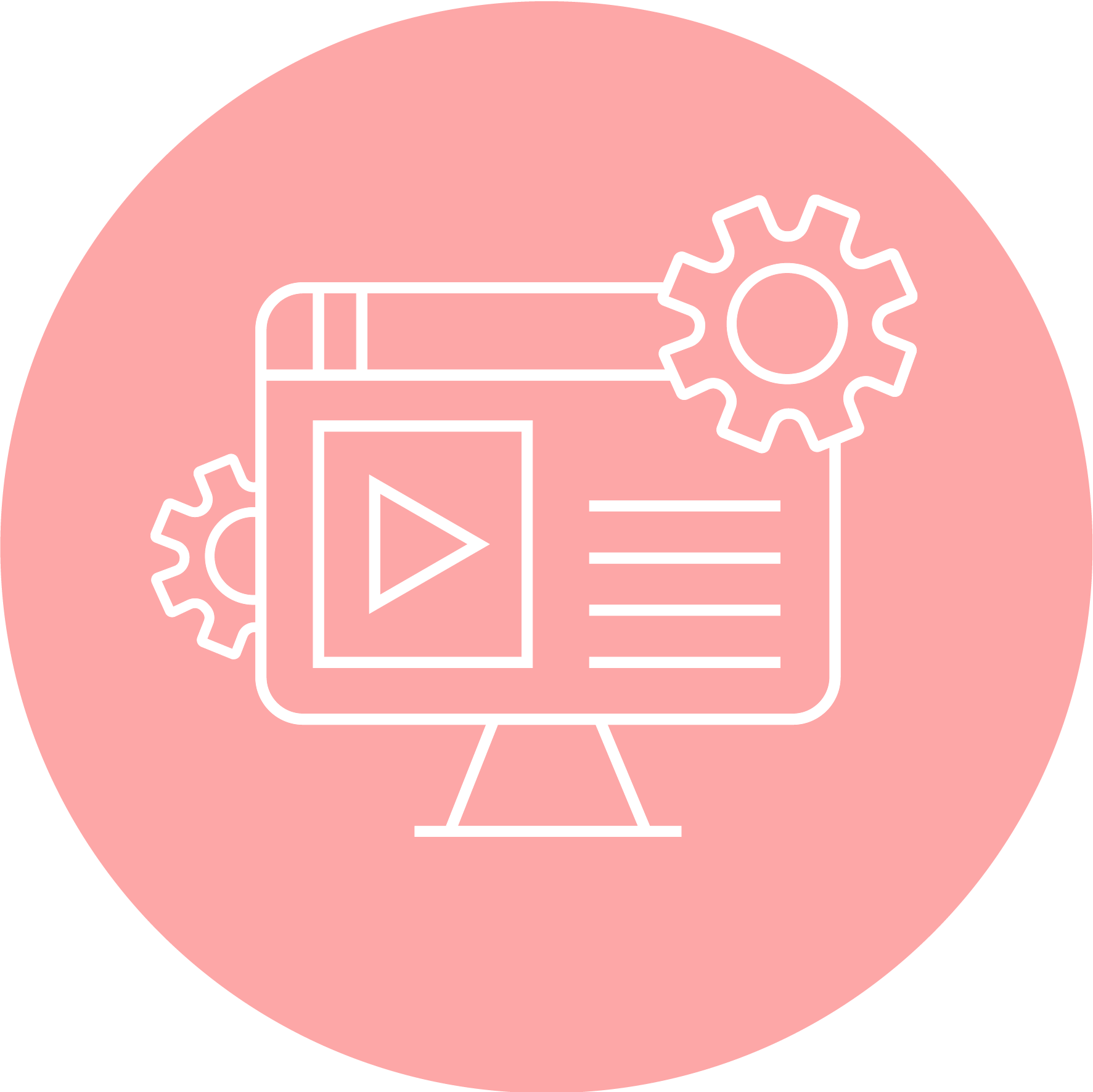
With the aid of the 15-minute coaching session, you will be able to reflect on your own presentation skills, their significance for your studies and work, and get tips for performing.
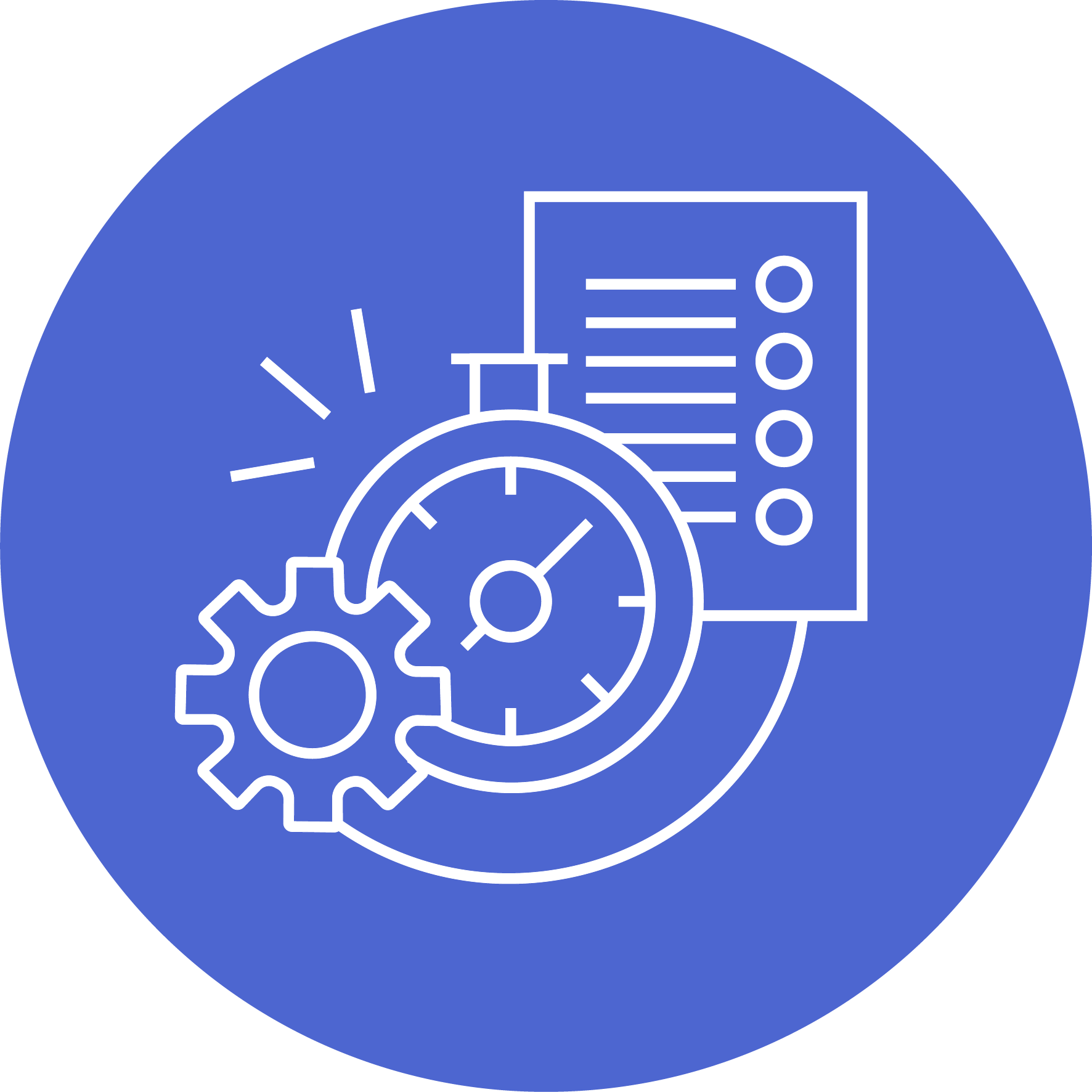
The Activity cards provide concrete instructions and tips for utilizing digital tools in studies and working life

The tool allows you to evaluate and plan your time management skills. You will also find ways to develop this skill, as well as how to start using Outlook Calendar.

Digibagi is developed based on feedback. What tool was useful for you? How do you think the toolbox could be changed? All your feedback is valuable for developing even better tools!
The digital toolkit offers students
01
information about their e-learning skills and how to develop them; you can use the information in planning your own studies and in e-learning situations
02
digital skills gained through tool exercises or the introduction of new applications in e-learning
03
tools for e-learning: self-assessment, study planning, interaction, groupwork, presentation, ergonomics and the use of e-books


